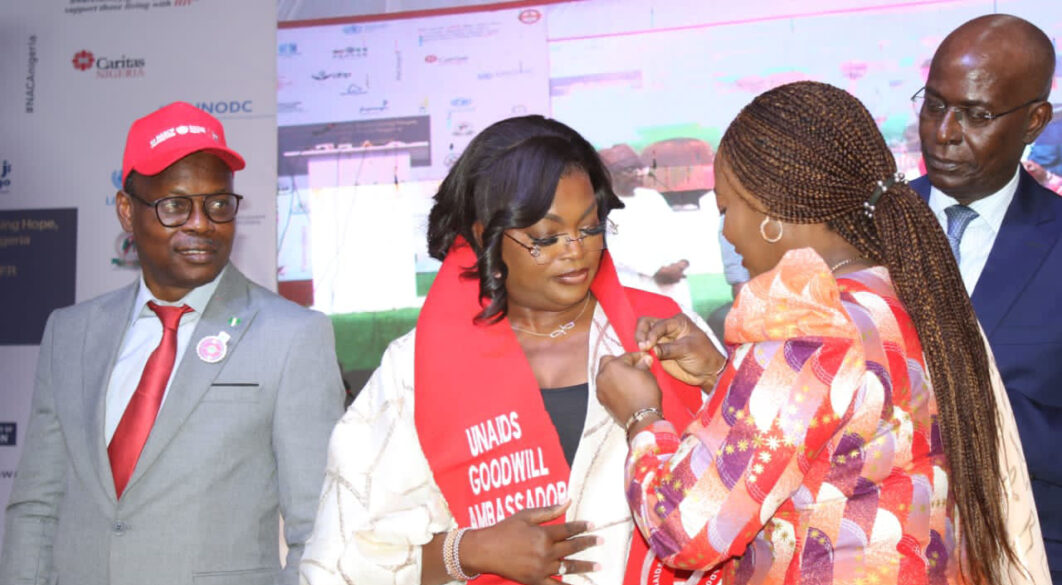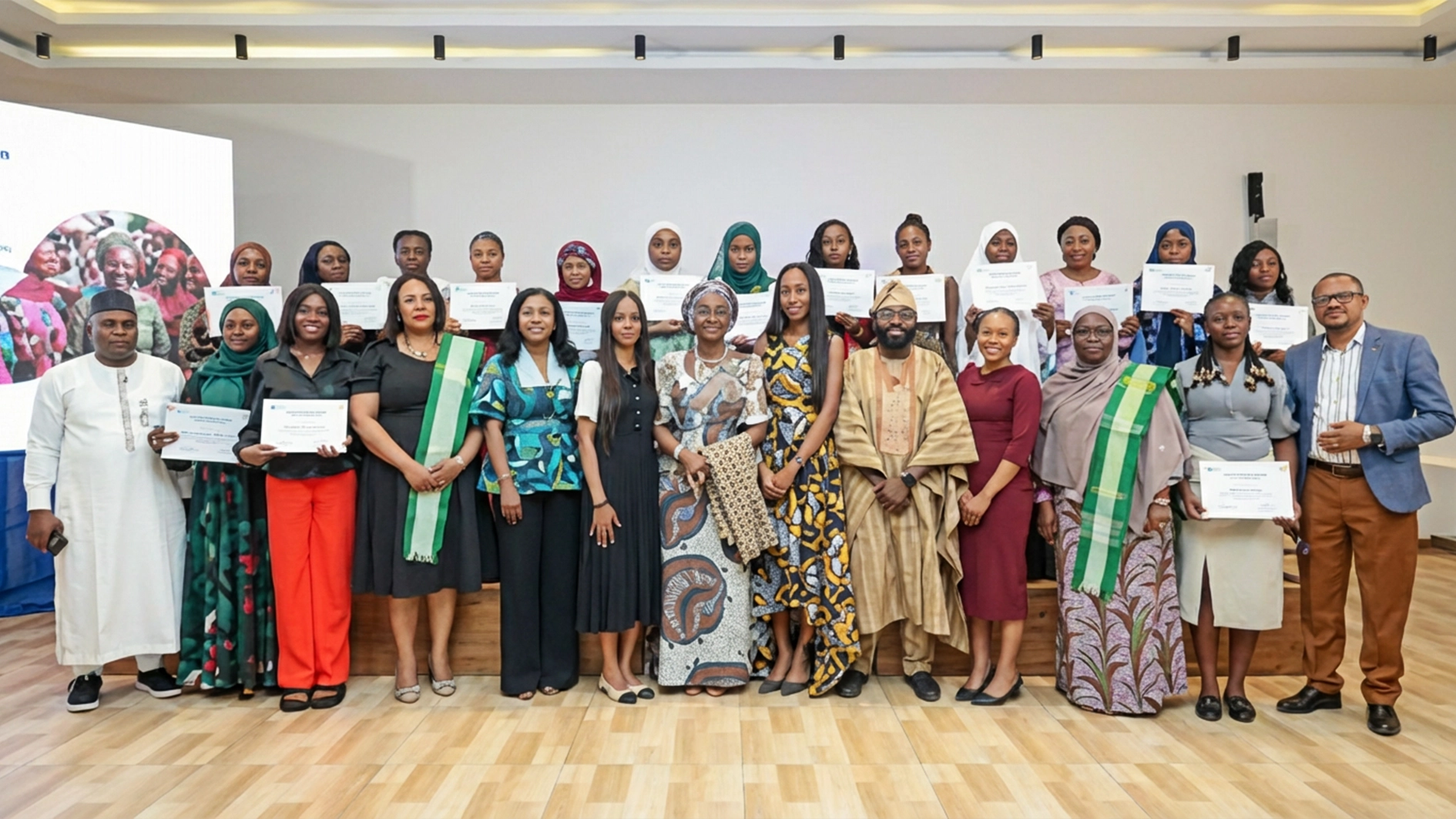
The Association of Women Living With HIV in Nigeria (ASHWAN) has urged the government and policymakers to prioritise the needs of women living with HIV and address the systemic inequalities that perpetuate the epidemic.
ASWHAN National Coordinator, Esther Hindi, who made the call in Abuja, also advocated policies and programmes that address the unique needs and challenges of women to promote gender equality and social justice.
Hindi stressed the need for a world where every person living with HIV can live with dignity and respect, adding that an HIV-free generation is possible.
Meanwhile, the Joint United Nations Programme on HIV/AIDS (UNAIDS) has unveiled popular actress and movie producer, Funke Akindele as its Goodwill Ambassador and Advocate for HIV in Nigeria.
With this appointment, Akindele is expected to lend her voice to the fight against HIV and contribute her quota towards ending AIDS as a public health threat by 2030.
According to UNAIDS, the movie star will also contribute to efforts aimed at eliminating vertical transmission of HIV and ending HIV-related stigma and discrimination.
Speaking at the unveiling and event organised by the National Agency for the Control of AIDS (NACA) to mark the 2024 World AIDS Day in Abuja, Akindele said that she considers the appointment as a call to action.
She said: “This appointment is meant to amplify the fight against HIV, an epidemic affecting lives across the globe, with about two million people living with HIV in Nigeria. Eliminating vertical discrimination in Nigeria is a challenge. I will owe it to the children of Nigeria to ensure that no child is born HIV-positive.”
She called on state governments to provide free and comprehensive antenatal care for pregnant women. On the theme of this year’s World AIDS Day, “Take the right path. Sustain HIV response: Stop HIV among children to end HIV AIDS in Nigeria by 2030, Akindele emphasised the need to deploy a human rights-based approach in the national HIV response, including more effective strategies to uphold the rights of children and to end AIDS in children and adults.
She said: ‘Currently, 160,000 children are living with HIV in Nigeria. Furthermore, only 33 per cent of the eight million pregnant women yearly receive antiretroviral treatments for their health, and to prevent the transmission of HIV to the baby. This is a serious point of concern and we must work together to end AIDS in children by 2030.”
Akindele also stressed the need to intensify efforts on prevention and providing life-saving treatment for pregnant women through comprehensive antenatal care.






